Preventing pollution of Voghji river with heavy metals through restoration of riparian ecosystem in Kapan

Project Details & Results
The intensive growth of mining industry in Syunik that started in 1960s resulted in degradation of ecosystems, accumulation of mining waste and pollution of water, land and air. In Kapan, the mining waste or so called “empty ore” was accumulated in central parts of the town covering a total area of 3 hectares in two districts. This ore was not used due to low composition of required minerals (Cu, Zn, Au) compared to the ore from other mines and was dumped being considered as waste. The ore however has had enough heavy and toxic metals to pollute the water and produce dust creating serious concerns for the authorities. In 1980s the Soviet Government attempted to clean the area from the ore, however it became almost impossible to completely remove the waste because trucks could not access most part of the complicated landscape. The site continued polluting the town and the Voghji river passing nearby the site and ultimately Araks river, thus creating environmental risks for a number of downstream urban and rural communities in Armenia and across the neighboring countries.
In 2011-2013 the OSCE Programme Implementation in Syunik and “Khustup Rescue Team” NGO initiated small experimental tree planting activity on the damaged landscape to select the types of trees and define planting methods that could help to recover vegetation on the land and prevent pollution of the water and air. The experiment showed that hackberries, smoketree, juniper, and the tree-of-heaven successfully grow with some addition of manure and fertile soil at the roots of the trees with little watering.
The goal of the project is to prevent the release of heavy metals and chemicals from a mining dump of Kapan to the environment through planting of the steep slopes of the dumpsite. The project envisages a large scale tree planting that will contribute to the recovery of the ecosystem through preventing pollution of water and air and thus mitigating environmental and health risks in the region.
Project Results
The project will produce the following major outputs:
• Planting of 3500 trees on 1.5 hectares of land on a steep slope of a mining dump in Kapan;
• Production of a project documentary, printing of 250 copies of booklets for distribution to the community-level stakeholders, organizing of 40 educational and capacity building workshops.
The intensive growth of mining industry in Syunik that started in 1960s resulted in degradation of ecosystems, accumulation of mining waste and pollution of water, land and air. In Kapan, the mining waste or so called “empty ore” was accumulated in central parts of the town covering a total area of 3 hectares in two districts. This ore was not used due to low composition of required minerals (Cu, Zn, Au) compared to the ore from other mines and was dumped being considered as waste. The ore however has had enough heavy and toxic metals to pollute the water and produce dust creating serious concerns for the authorities. In 1980s the Soviet Government attempted to clean the area from the ore, however it became almost impossible to completely remove the waste because trucks could not access most part of the complicated landscape. The site continued polluting the town and the Voghji river passing nearby the site and ultimately Araks river, thus creating environmental risks for a number of downstream urban and rural communities in Armenia and across the neighboring countries.
In 2011-2013 the OSCE Programme Implementation in Syunik and “Khustup Rescue Team” NGO initiated small experimental tree planting activity on the damaged landscape to select the types of trees and define planting methods that could help to recover vegetation on the land and prevent pollution of the water and air. The experiment showed that hackberries, smoketree, juniper, and the tree-of-heaven successfully grow with some addition of manure and fertile soil at the roots of the trees with little watering.
The goal of the project is to prevent the release of heavy metals and chemicals from a mining dump of Kapan to the environment through planting of the steep slopes of the dumpsite. The project envisages a large scale tree planting that will contribute to the recovery of the ecosystem through preventing pollution of water and air and thus mitigating environmental and health risks in the region.
OSCE PIP team assisted “Khustup Rescue Team” NGO in the project development and formulation, as well as leveraged cash co-financing (US$5,109) from the OSCE budget.
Project Results
The project will produce the following major outputs:
- Planting of 3500 trees on 1.5 hectares of land on a steep slope of a mining dump in Kapan;
- Production of a project documentary, printing of 250 copies of booklets for distribution to the community-level stakeholders, organizing of 40 educational and capacity building workshops.
.png&w=3840&q=75)
Subscribe for our news
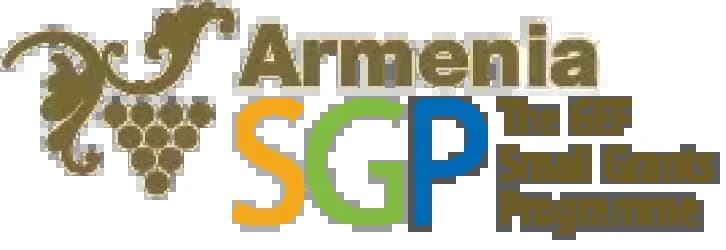


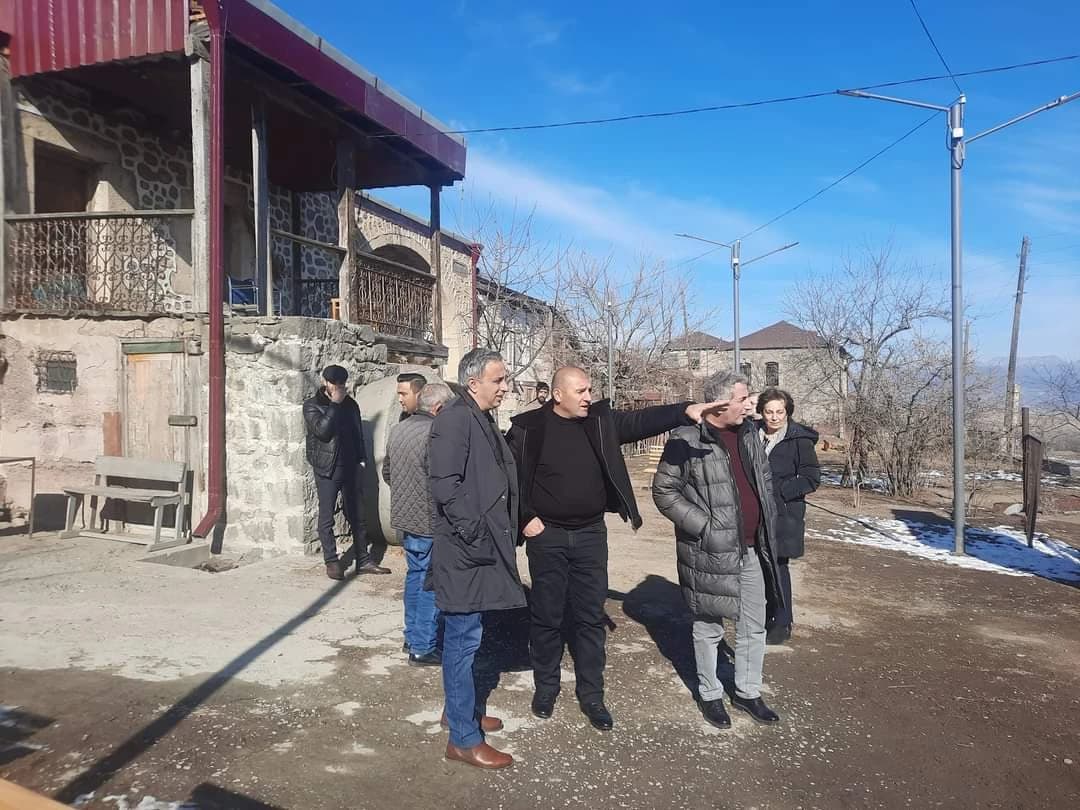
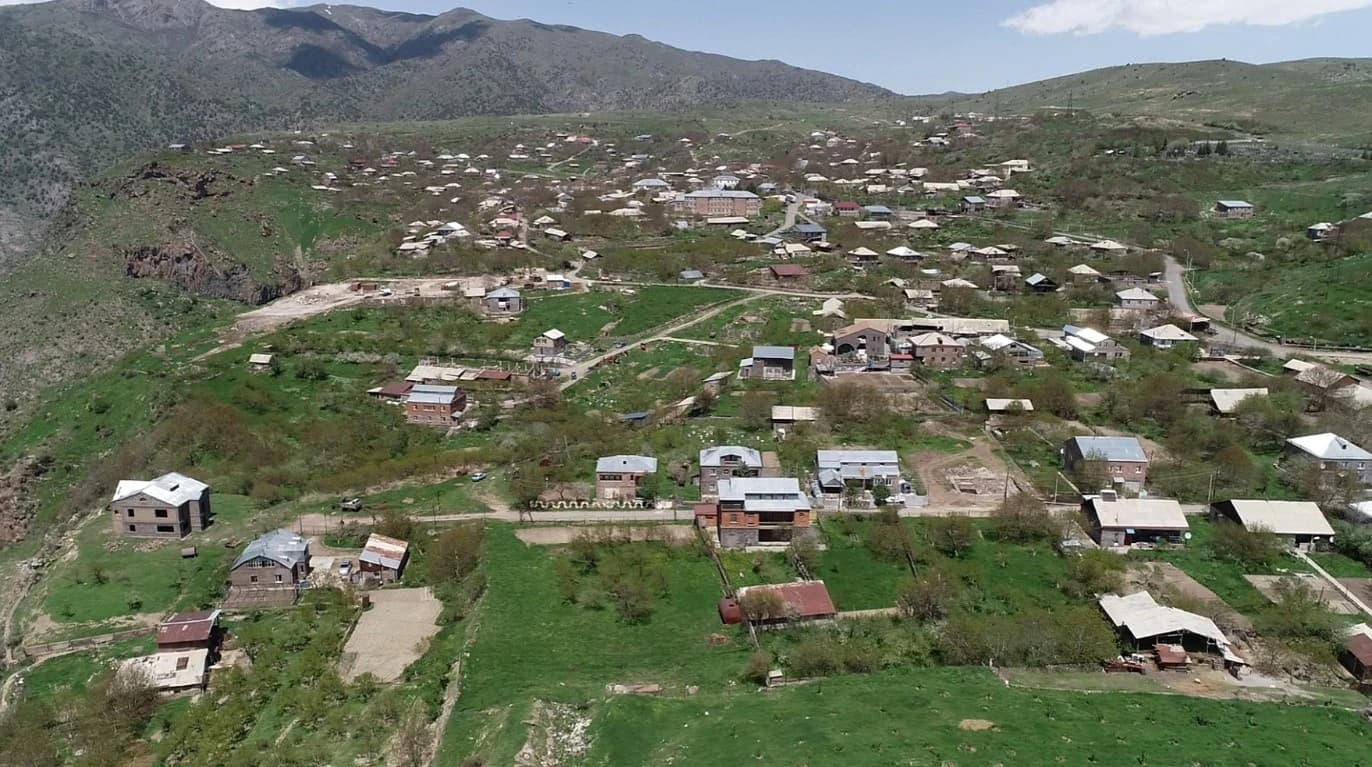
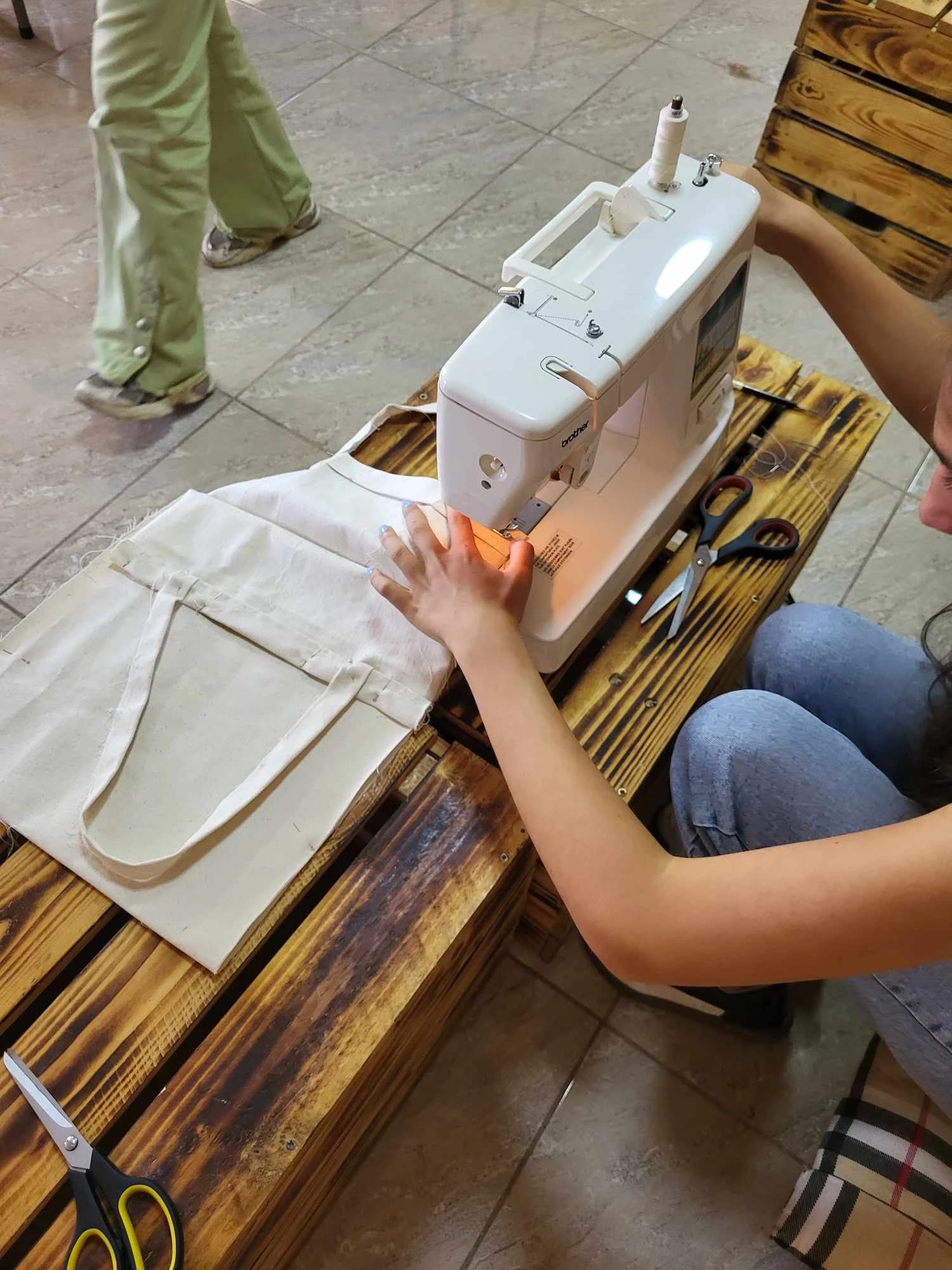


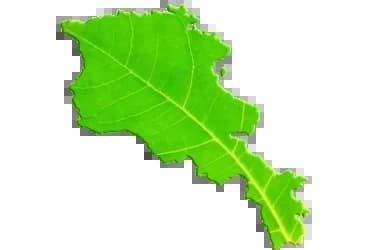


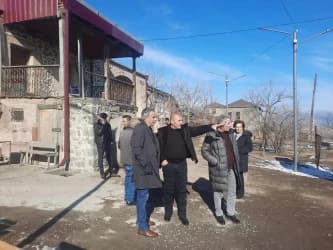
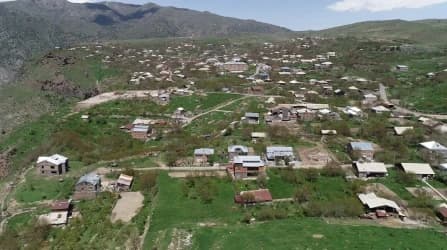

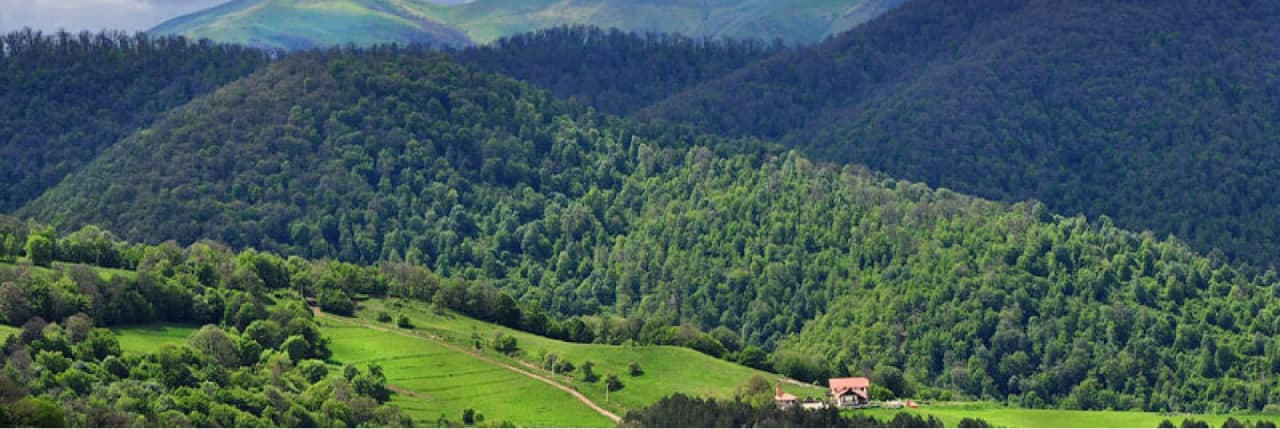
.png&w=3840&q=75)
